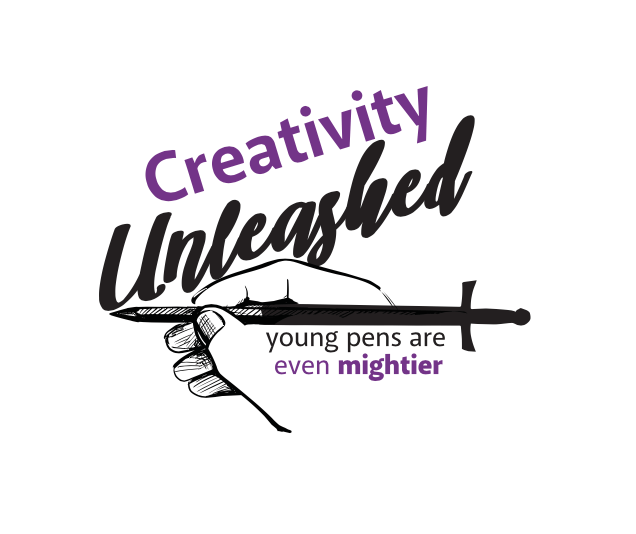“Was that a lump?” Breast cancer and women’s health
“Was that a lump?”
Breast cancer and women’s health
Rojin Gur
I froze. No, no way, no damn way. It can't be. I raised my hand back to my breast, gently cupping around it. I felt it again. God, it can't be; please don't do this to me. The feeling of the blazing water burned down my bare back but I didn't care. I could feel the steam slowly sucking out the air from within me, driving me into a state of despair. What the hell am I supposed to do? I couldn't move from my spot. Would I need to have my breasts removed? How will I ever breastfeed a baby? Would anyone ever even love me?
Due to the continued prevalence of breast cancer, threats to women's health are still a big problem on a global scale. It is the most common cancer in women, affecting millions of lives worldwide each year, including 56,000 women in the United Kingdom per annum. In addition to its physical symptoms, this condition can of course have detrimental emotional and psychological effects.
“I’m very sorry but you've got stage three breast cancer.”
I blankly stared back at him.
“At your particular stage you will need to start chemotherapy immediately, and if you're open to it, I'd highly recommend some thought into surgical treatments for you.”
This can't be happening right now. Stage three?! God. How didn’t I realise sooner? How could I ever be so stupid?
Breast cancer is frequently discovered too late in both developed and developing nations because of two typical delays. The time it takes for patients to schedule tests, get a definitive diagnosis, begin therapy, and schedule appointments is referred to as "system delay." Patients who delay seeking medical attention after self-discovering a possible breast cancer symptom do so for a variety of reasons, including fear of dying and a lack of knowledge about the importance of breast self-examination, which enables women to become familiar with their breasts and detect changes in them. Many women claim that breast lumps they had found on their own were the first indications of breast cancer, despite the fact that self-examination isn't the most reliable practice. The number of women receiving advanced breast cancer diagnoses grew significantly during COVID, which ultimately increased death rates and led to higher-cost medical care. For instance, in April 2021, 42% more women than anticipated based on pre-pandemic statistics received a stage 4 diagnosis.
Wow. They all looked so perfect. I continued to scroll on my insta feed, obsessing over the bodies of the women in their colourful bikinis…
They seemed as though they had absolutely no care in the world, completely comfortable and confident in their own skin. Is this what it would be like from now? Would I have to be constantly longing for something I won't have? I've been doing some reading into reconstructive surgery but I'm scared, what if it doesn’t feel right? What if I will constantly feel as though my new breasts won’t belong to me? What if I’m shamed for being ‘fake’?
There are various kinds of breast cancer surgeries:
- Breast conserving surgery (also known as a wide excision or lumpectomy) involves removing part of the surrounding breast tissue in addition to the diseased area. Although this procedure has the benefit of preserving a large portion of the breast's look and feel, patients will still require radiation treatment for five days a week for three to six weeks following surgery in order to lower the risk of cancer recurrence.
A mastectomy involves removing the entire breast. A bilateral mastectomy involves removing both breasts, whereas a unilateral mastectomy just removes one. The major disadvantage of this procedure is that the breast or breasts are removed permanently; nevertheless, there is only a very small probability of cancer returning without the need for radiation therapy. Those who decide to have a mastectomy have the option of having breast reconstruction as soon as possible after the procedure, or they can wait as long as they like, since there is no time restriction.
While many mastectomy patients opt for breast reconstruction, not all do. This could be for a variety of reasons, but one important one is that women in non-UK nations without a free National Health Service (NHS) find it extremely difficult to pay for even basic medical care, let alone a reconstruction. To avoid being a financial burden, these women choose not to undergo reconstruction; as a result, they frequently feel uncomfortable around their partners and insecure in their own bodies.
How can you help? An essential component is having a solid support network. If you know someone who is coping with breast cancer, offer them a loving and safe space so they may share their thoughts and worries with you. You might volunteer at your local charity or even a support group. Alternatively, you can also donate to organisations like The Breast Cancer Research Foundation (BCRF) or The Pink Ribbon Foundation. I thank you for reading, and hope this piece has given you new knowledge about this crucial subject.



